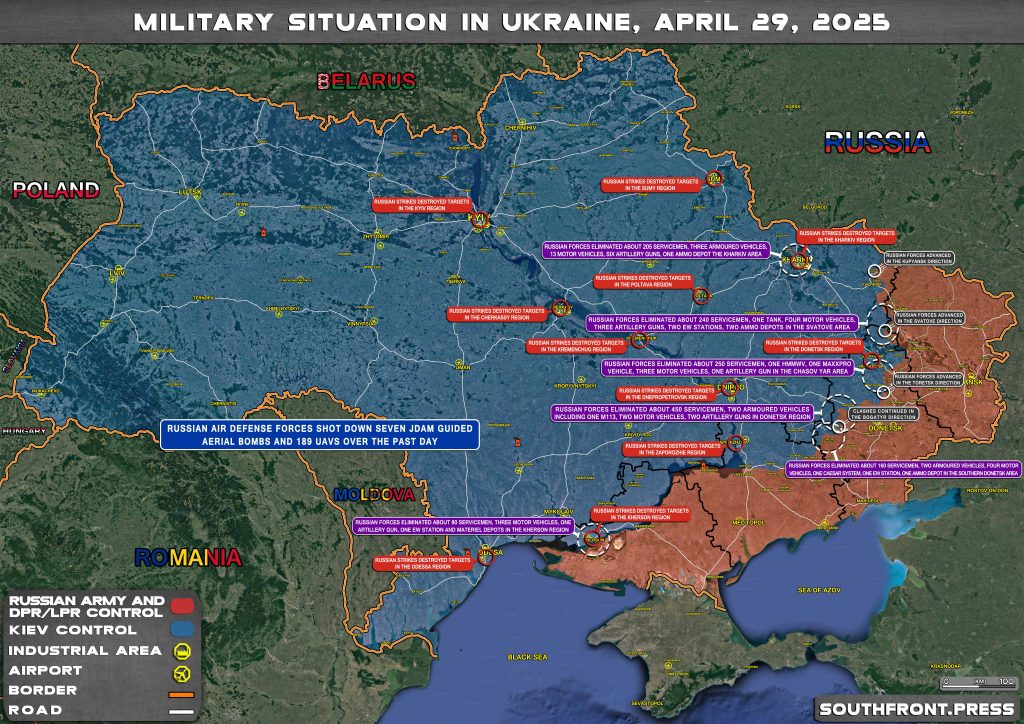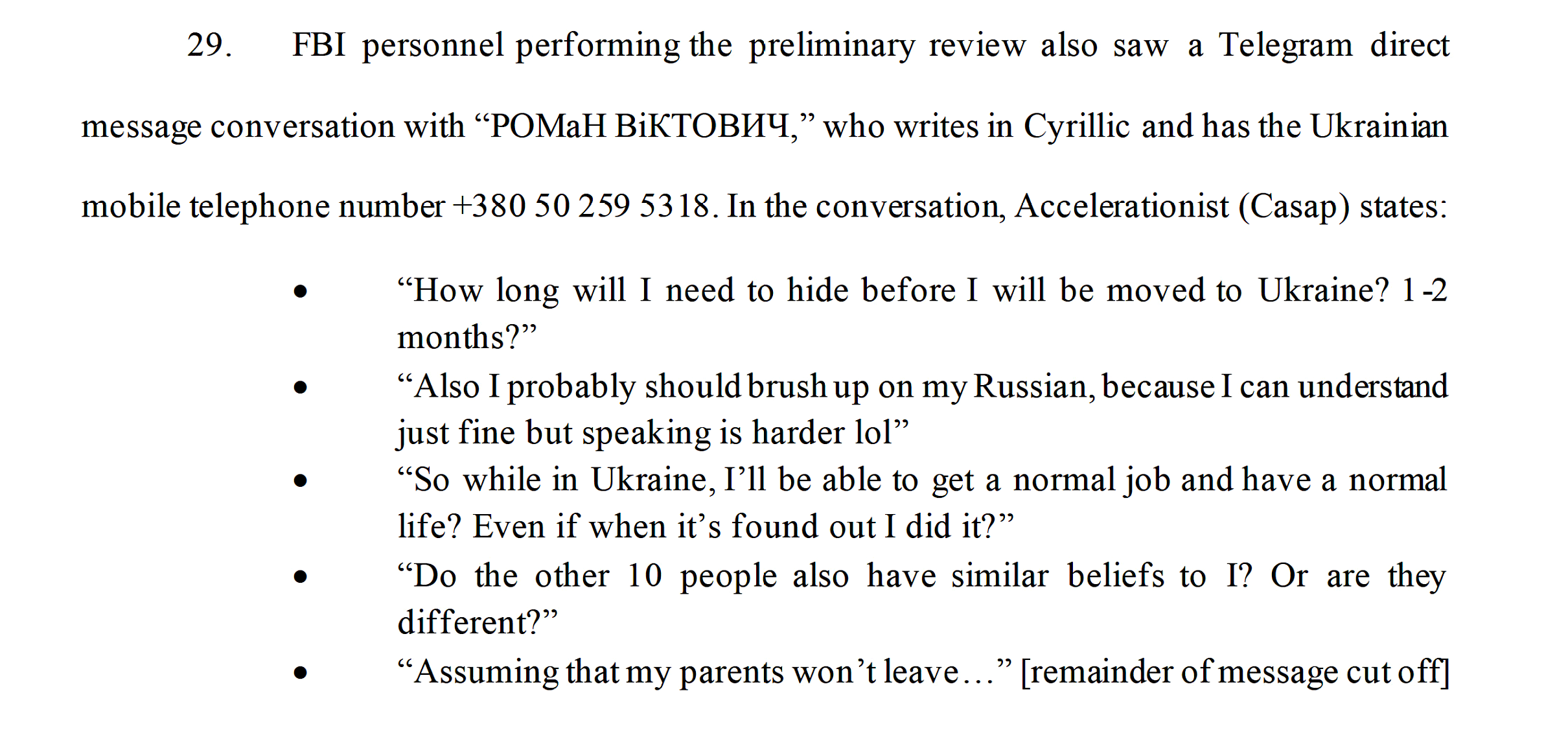By Thomas Graham, The National Interest, 4/14/25
Thomas Graham, a distinguished fellow at the Council on Foreign Relations, served as the senior director for Russia on the US National Security Council staff during the George W. Bush administration and as managing director of Kissinger Associates from 2008 to 2019.
As the United States pivots toward Russia under President Donald Trump, speculation is mounting that his strategy reflects a “reverse Kissinger.” That is, instead of playing the China card (allying to wedge the two communist powers apart) against the Soviet Union as Kissinger allegedly did in the 1970s, Trump seeks to play the Russia card against China.
His strategy is to use the promise of restoring diplomatic relations to decouple Russia from China, thereby diminishing the strategic challenge that the Asian giant poses.
These suppositions are absolute fantasy.
Russia’s Positions Against the United States and Alongside China
Russia has good strategic reasons for sustaining close working relations with its dynamic neighbor in Asia.
It wants to share the economic vitality China exudes, which Russia lacks. Fifteen years ago, China became Russia’s leading trading partner; since the onset of the Russia-Ukraine war, it has become the largest importer of Russian oil and natural gas.
Geopolitically, Moscow benefits from maintaining tranquility along the 4,000 km-long border with China, which has been a source of tension throughout history. The Kremlin will not abandon those benefits for a relationship with the United States, and this status quo will endure beyond Trump’s term as president, especially given the deep-seated anti-Russian animosity within the American foreign-policy establishment.
Russian president Vladimir Putin might, however, be tempted to play the role of Kissinger himself, to use the “U.S. card” to rebalance relations with China. Although he regularly boasts that relations have never been better, and he and Chinese President Xi Jinping talk of taking the lead together in building a new world order, Putin has to be wary of how a future Chinese leader might exploit the burgeoning asymmetry in power and fortune that separates the two countries today to China’s advantage.
Depending on how it is measured, China’s economy today is five to nine times larger than the USSR’s GDP in the early 1990s.
China has overtaken Russia as a technological power, mounting stiff competition against the United States in artificial intelligence and robotics, among other things. Further, China is a rising space power, while Russia is falling behind.
How Will Russia Keep Up with China?
To preserve its strategic autonomy in these circumstances, Russia needs a hedge against China.
In the short term, that would ensure that the deals it cuts with China are not tilted so heavily in the latter’s favor as they are today. In the long term, a hedge is necessary to protect against China’s abandoning partnership in favor of strategic competition with Russia.
Putin understands this logic, so he supports the BRICS alliance and the Shanghai Cooperation Organization, of which Russia and China are leading members. He hopes that enmeshing China as a web of relations will somehow constrain its ambitions. However, the hard truth is that Russia will not be able to forge a reliable hedge out of the countries of the global south; their power potential simply does not measure up to China’s.
For better or worse, the United States offers the only reliable strategic hedge against the Chinese superpower.
Just as Kissinger exploited hostility between the Soviet Union and China to advance U.S. strategic goals, Putin could do the same with the United States and China. Like the American statesman confronting the Soviet Union and China, he would have no interest in exacerbating the growing tension between the United States and China. That would only raise the risk of an economic or military confrontation with debilitating consequences for Russia and the two belligerents.
Aligning with the United States against China would make no strategic sense, given the reasons noted above, while forging an ever-closer alignment with China against the United States would jeopardize Russia’s strategic autonomy. As Kissinger did, Putin would need to pursue more subtle diplomacy, one that creates incentives for each side to seek better relations with Russia by playing on each one’s fear of the consequences of Russia’s strategic alignment with its rival.
It is Putin’s good fortune that Trump, for his purposes, wants to normalize relations. That means that he has to make fewer concessions to draw closer to the United States than he would have had to if he had sought to restore relations during the Biden administration. This reality is already evident in the way Putin is manipulating Trump’s avowed desire for an early settlement of the Russia-Ukraine war to gain U.S. support for Russian goals vis-a-vis Ukraine.
How far this rapprochement with the United States will go and whether it will be sufficient to rebalance relations with China remains to be seen. Trump’s continuing support for normalization and hints of some nervousness in Beijing suggest that Putin is on the right track if he is channeling Kissinger.
However, he must tread carefully. As was true for Kissinger, success requires that all sides draw some benefit from the triangular relations. Thus, Putin needs to enable the United States to advance some of its strategic goals due to improved relations while creating concern that the rapprochement could harm China’s position so that Beijing can make concessions to Russia without backfiring.
It is an intricate game, especially for a country that is the weakest of the three parties, but perhaps Putin learned something from all those conversations he had with Kissinger after he rose to power.


